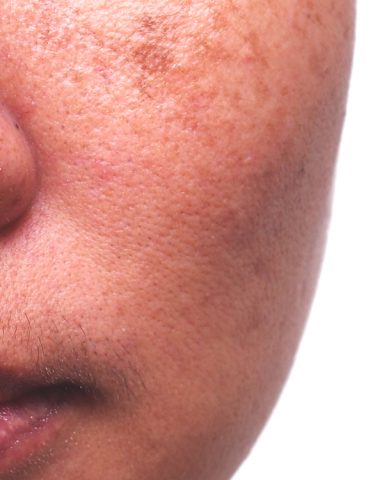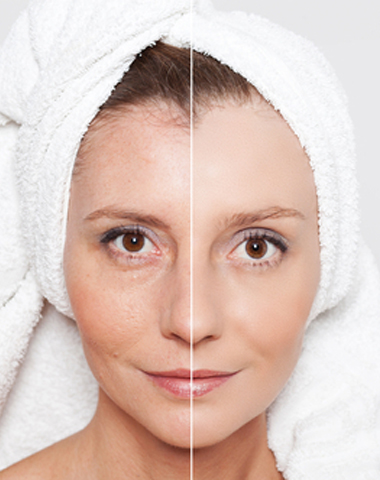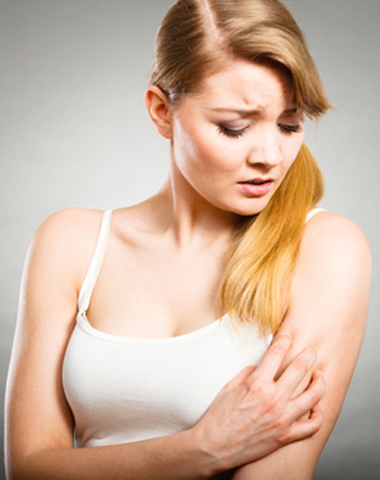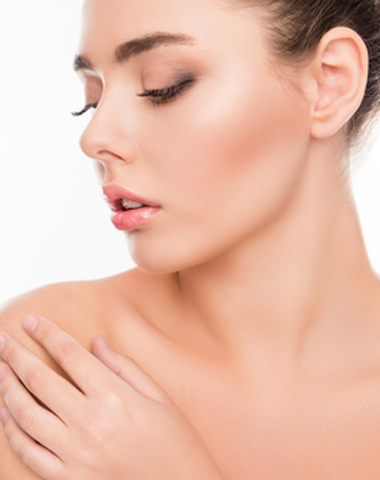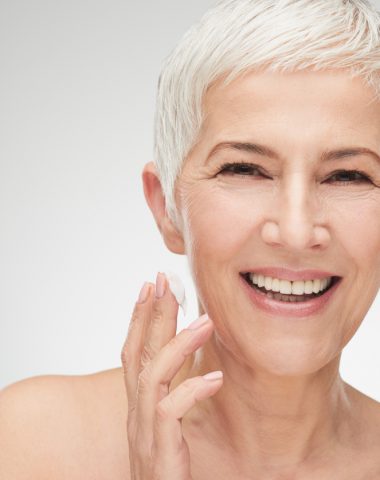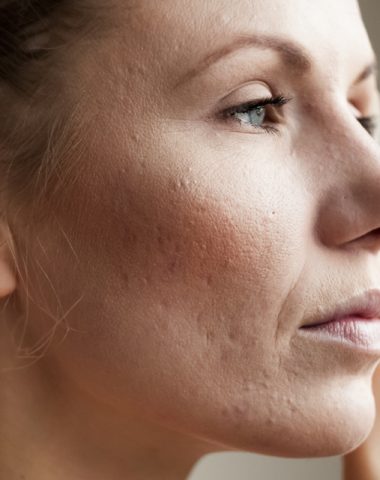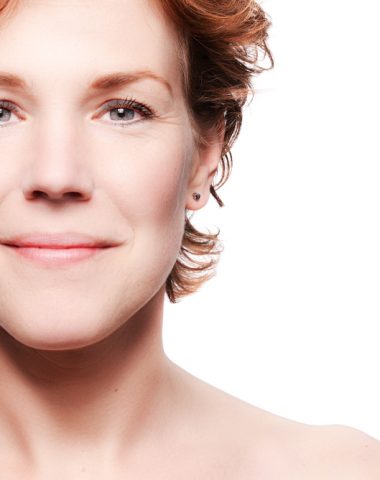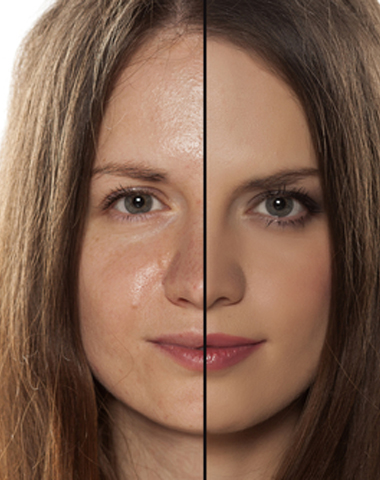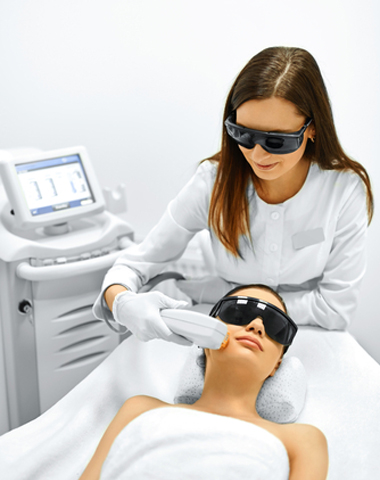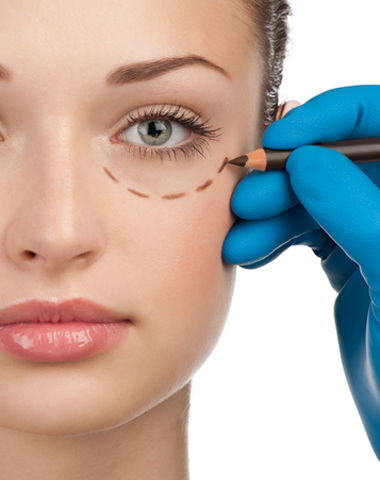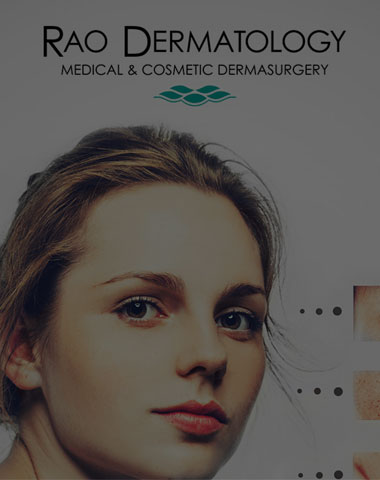Winter is coming. And by now, you’ve probably started to acquire objects like scarves, coats, and those cute brown boots you’ve been waiting to plant in the sea of fallen leaves on the sidewalk.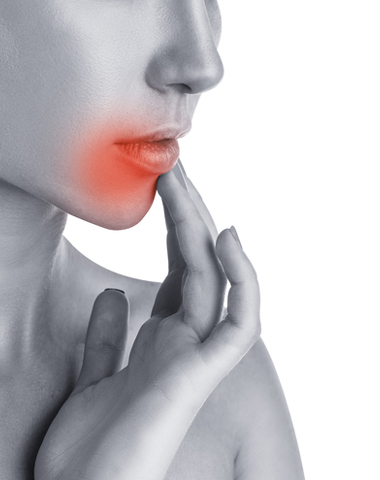 These things are natural to your encounter with the changing seasons, but so are cold sores. They are simply unwelcomed accessories. Cold sores can ruin any outfit and become the centerpiece of an important conversation. At Rao Dermatology, we want to keep the attention on you not your sore. Consequently, this brief article will discuss the nature of cold sores and your best strategy for combating their existence.
These things are natural to your encounter with the changing seasons, but so are cold sores. They are simply unwelcomed accessories. Cold sores can ruin any outfit and become the centerpiece of an important conversation. At Rao Dermatology, we want to keep the attention on you not your sore. Consequently, this brief article will discuss the nature of cold sores and your best strategy for combating their existence.
What are Cold Sores?
Chi et. al, in a study 2015 study on interventions for the prevention of HSL, formally defines cold sores (Herpes simplex labialis) (HSL) as a common disease of the lips caused by the herpes simplex virus. “It presents as a painful vesicular eruption, forming unsightly crusts, which cause cosmetic disfigurement and psychosocial distress”. From a procedural aspect, the HS virus usually infects the body through a break in the surface of the skin around or inside the mouth. It spreads through the touching sharing, or interaction with a cold sore or any tool or material that has been used by someone who is infected (i.e. kissing or sharing utensils, etc.) Cold sores can also spread to other areas of the body. Signs of an existing cold sore may include sore throat, swollen glands, pain around the mouth/lips, and a fever. Doctors will usually make the official diagnosis.
Preventative methods
While there is no cure for cold sores, a lot of research has been invested in treatments and preventative methods. However, once the herpes simplex virus is in your body it remains there for the remainder of your life. Doctors often prescribe ointments, skin creams, and in some instances, oral medication. The 2015 study conducted by Chi. Et al, found that long-term use of antiviral drugs taken by mouth prevented cold sores. On the other hand, short-term use of either antiviral drugs or creams did not prevent cold sores. Further, the use of these antiviral drugs or creams, either long term or short term, appeared to cause side effects. While prevention and treatment is limited to the confines of your doctor’s recommendations, you can limit your chance of contracting the HS virus by actively refraining from sharing materials and utensils that transmit saliva. If you have a partner, talk about any previously contracted viruses to avoid contamination through kissing and don’t be afraid to speak with your doctor, together.
For more information on combating your cold sore, contact Rao Dermatology today and book your consultation.


